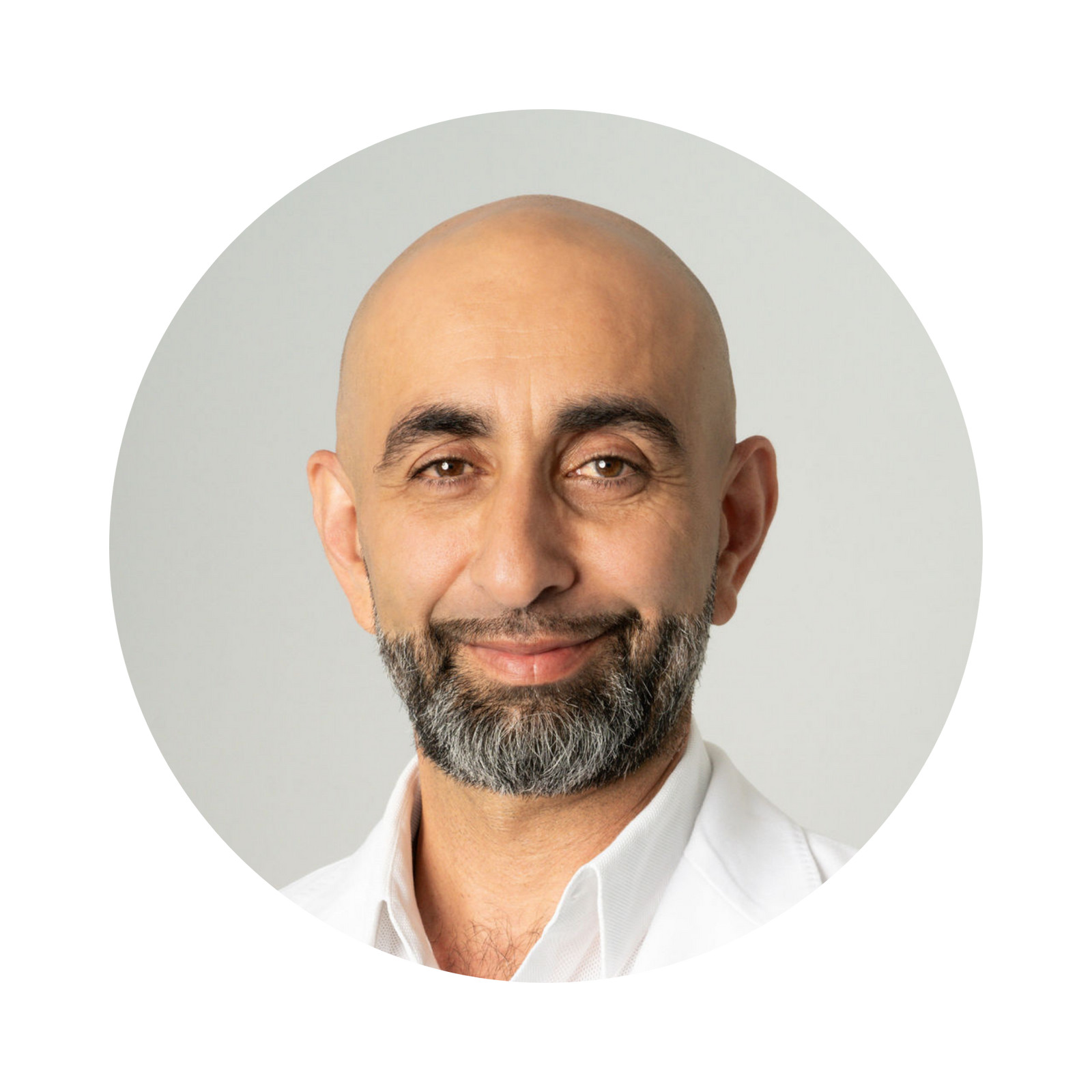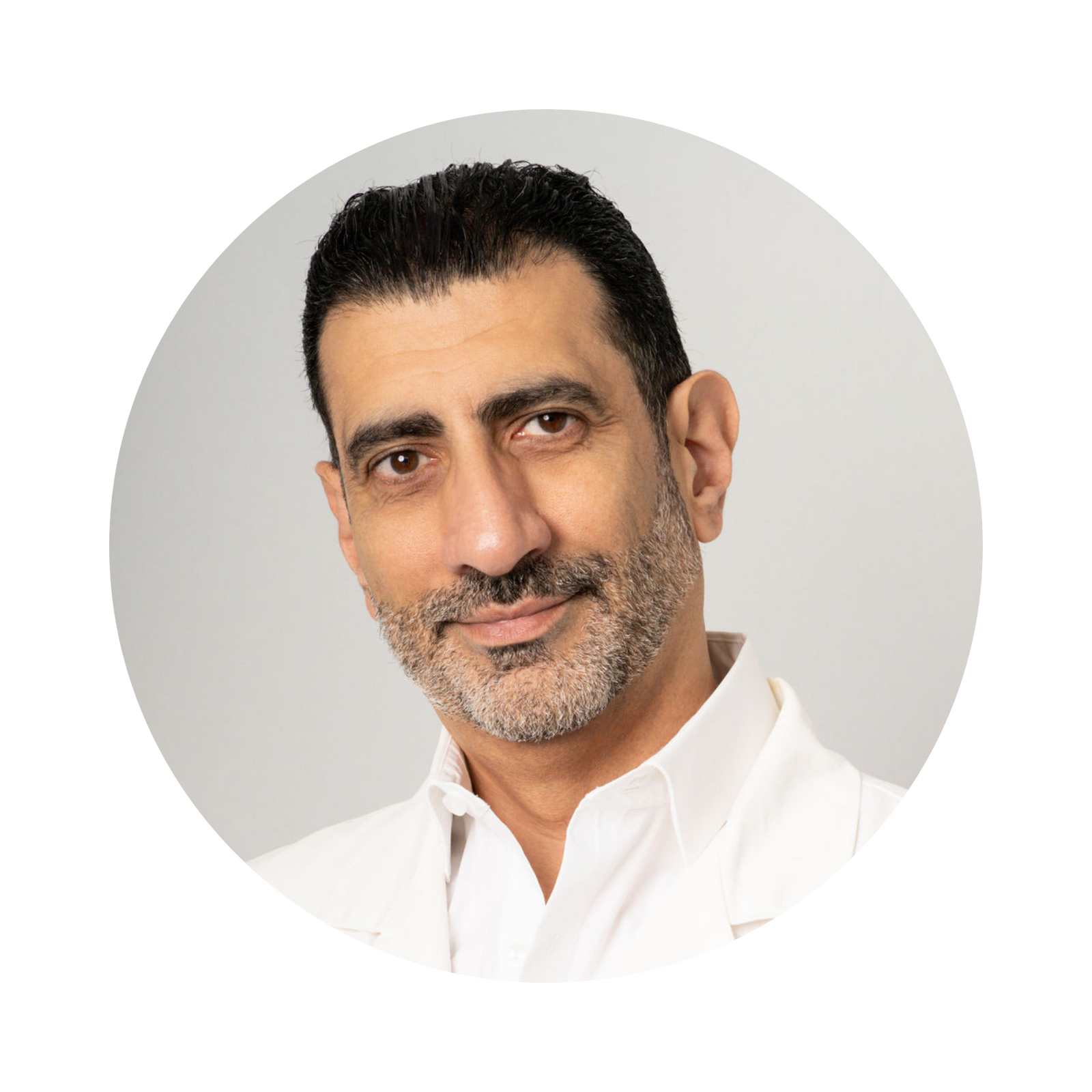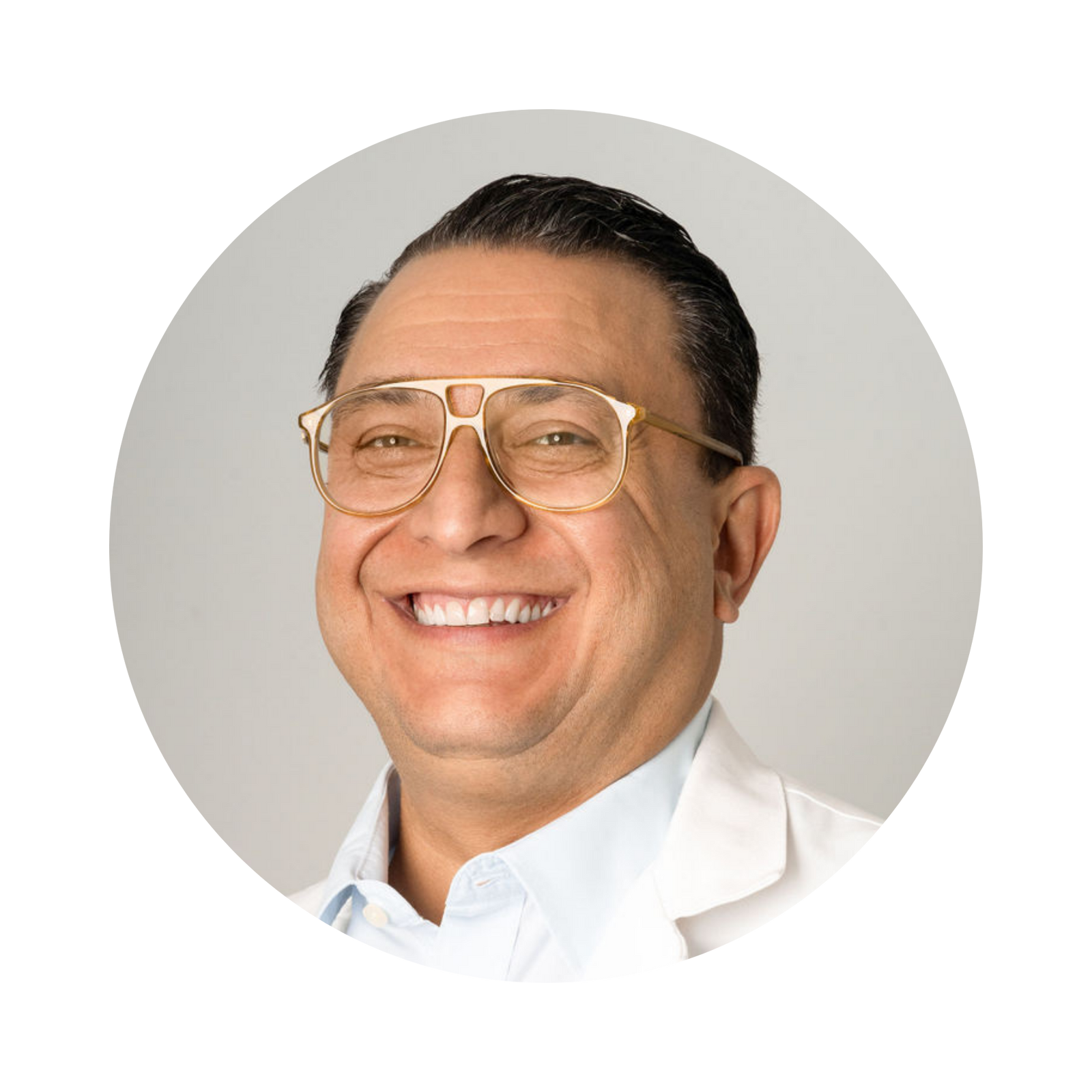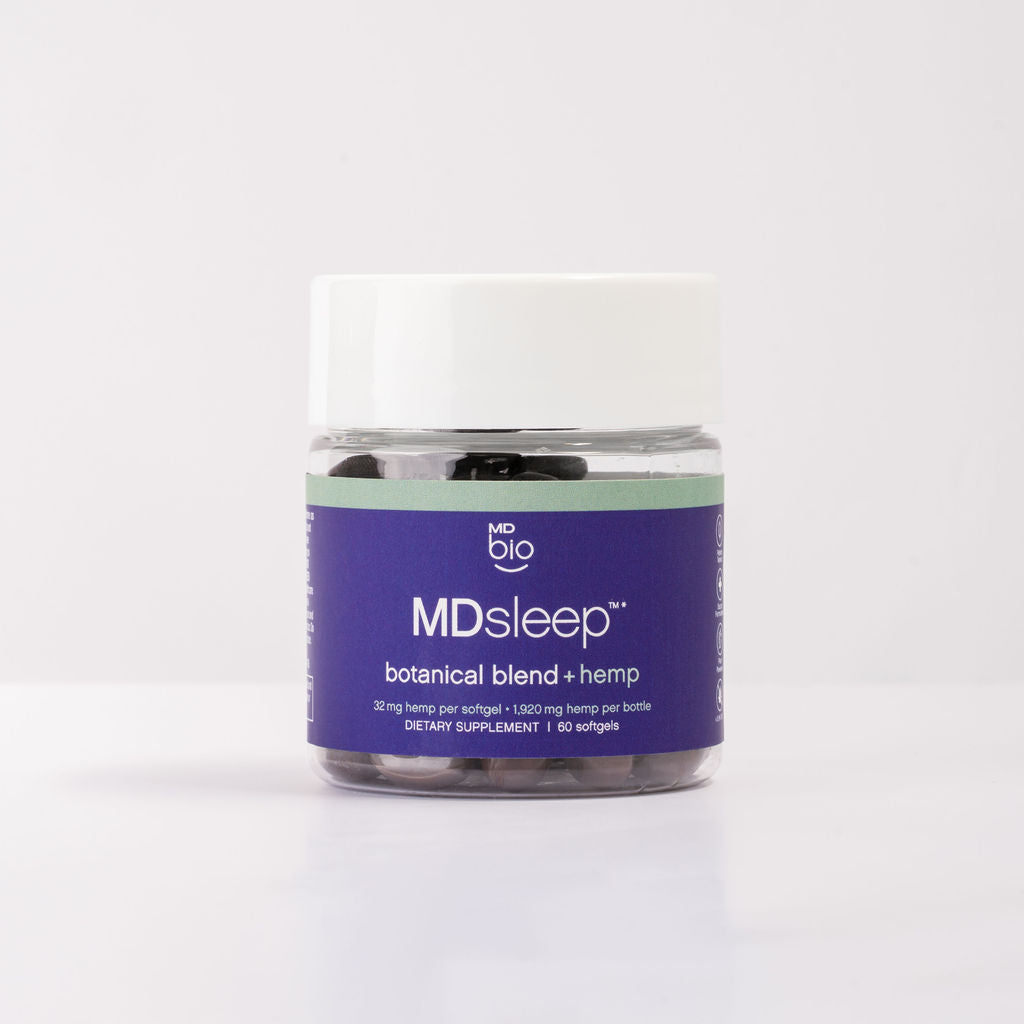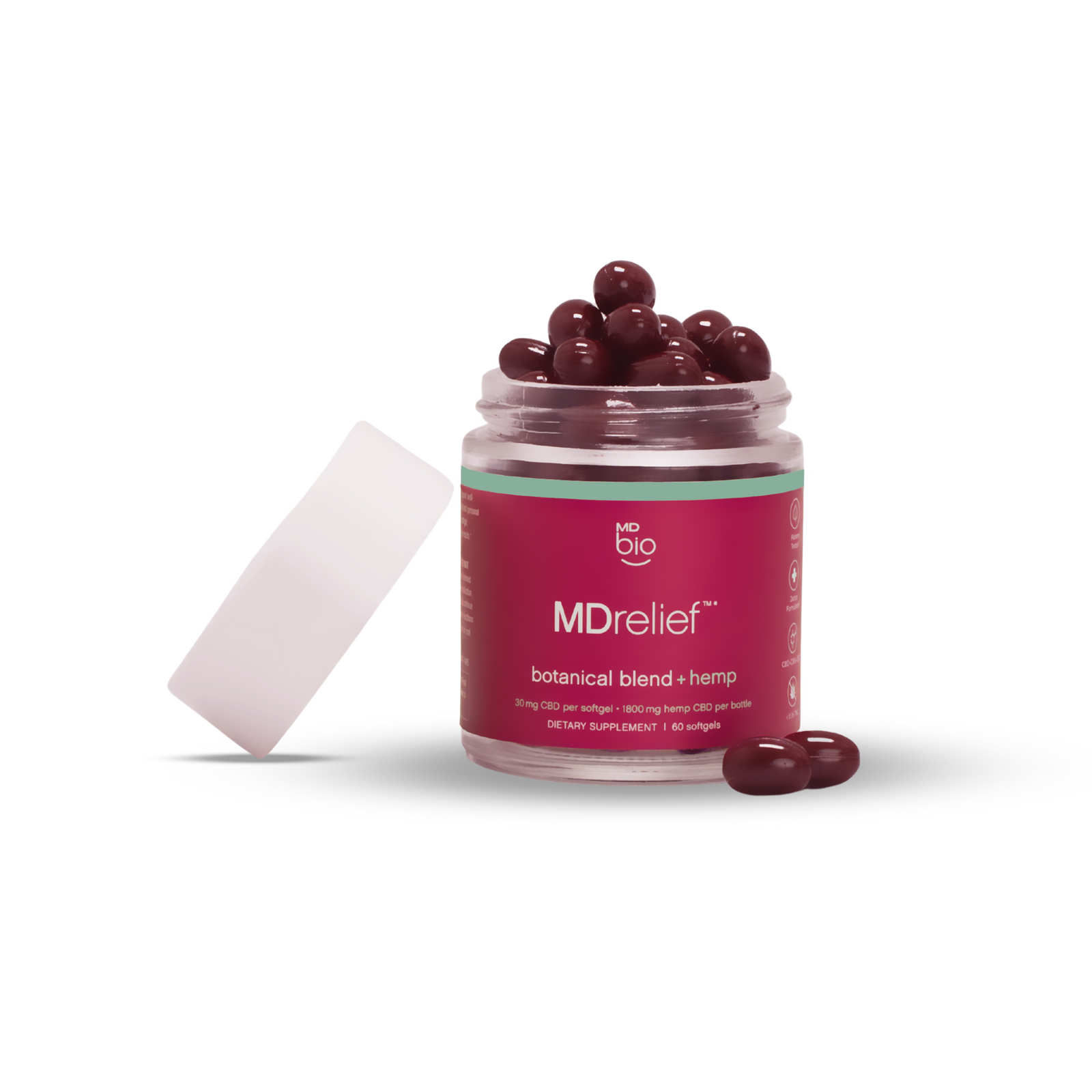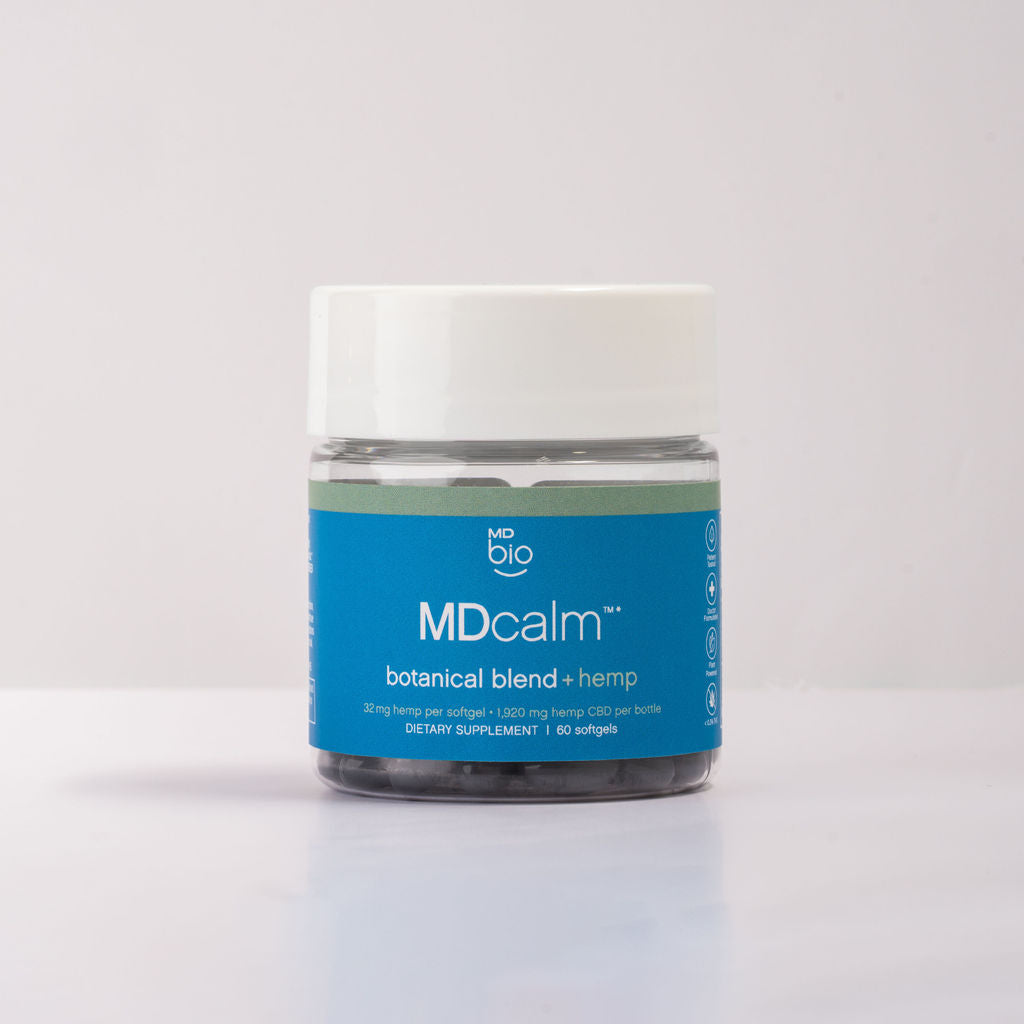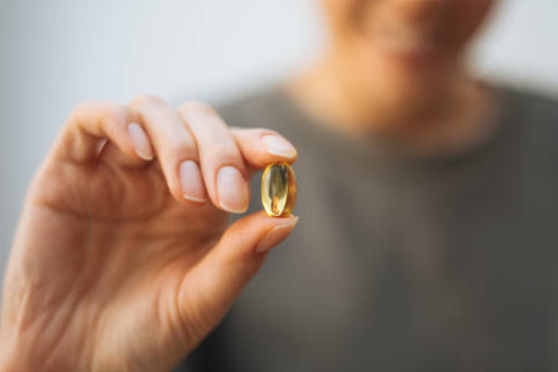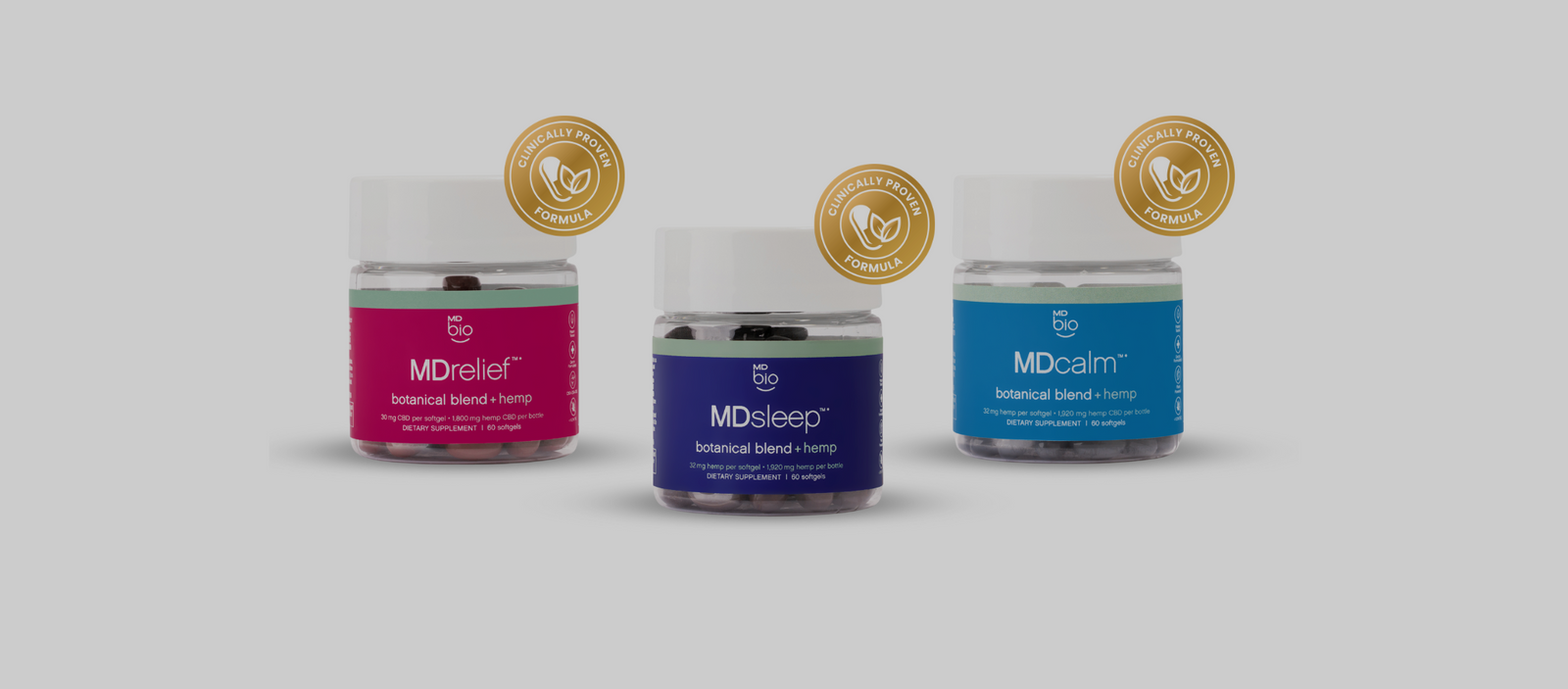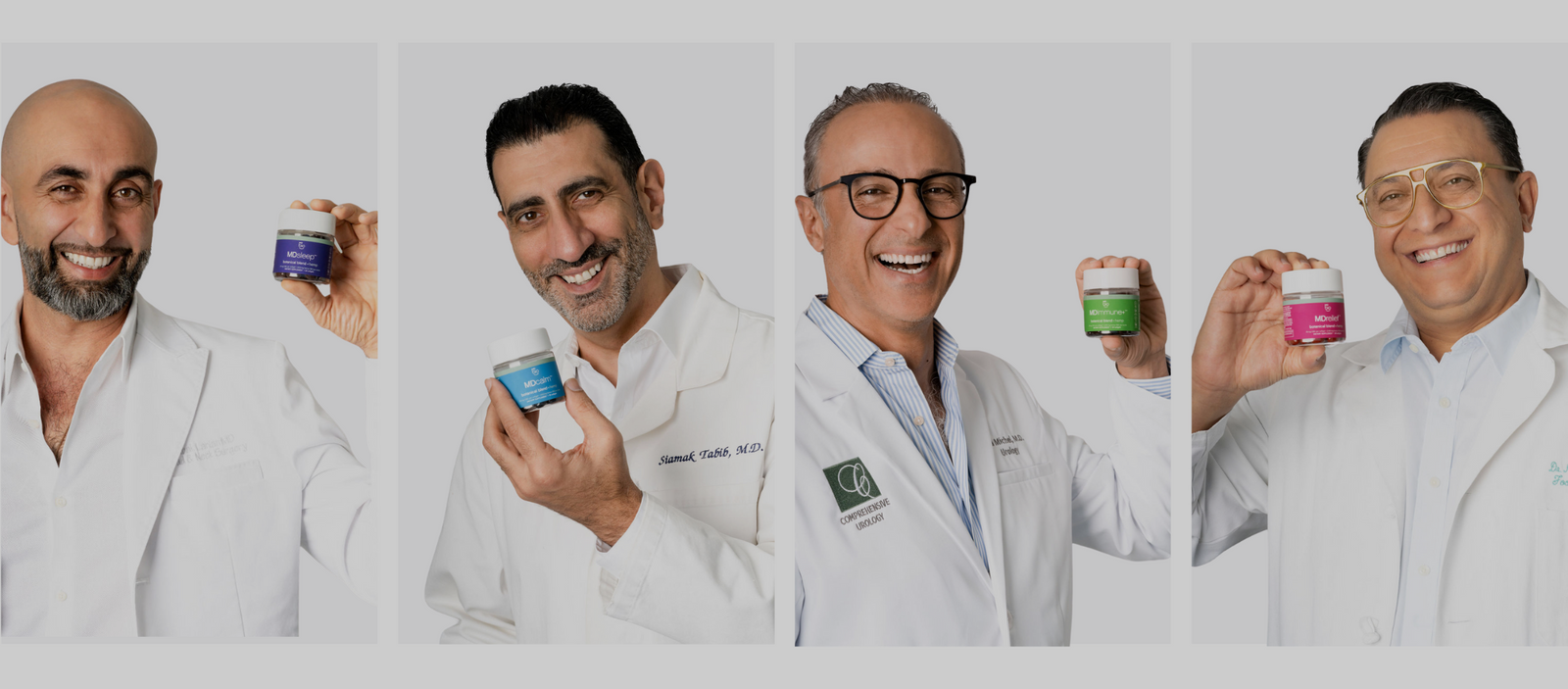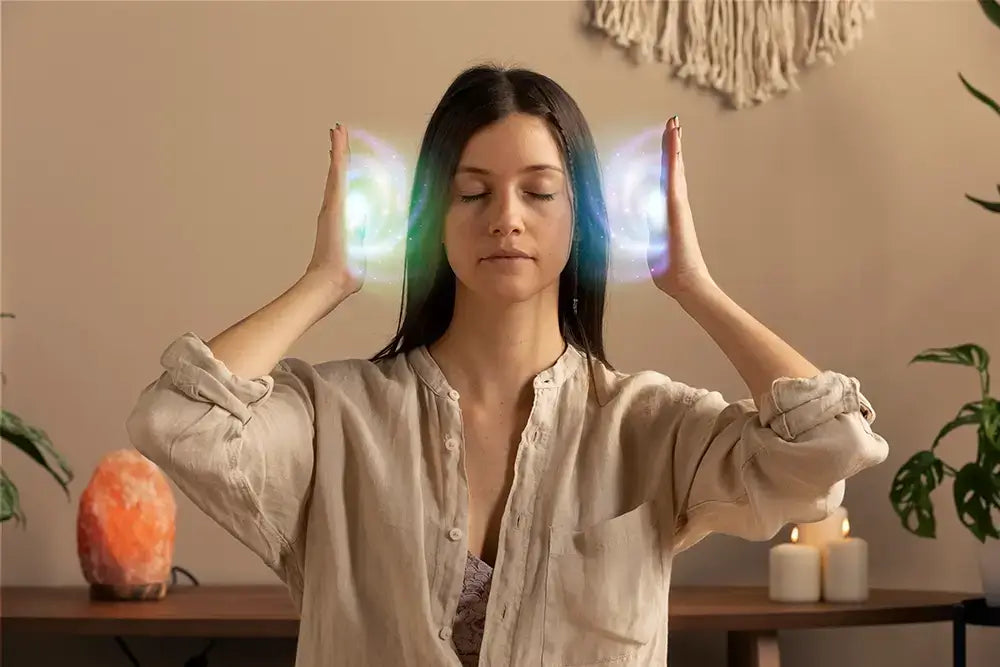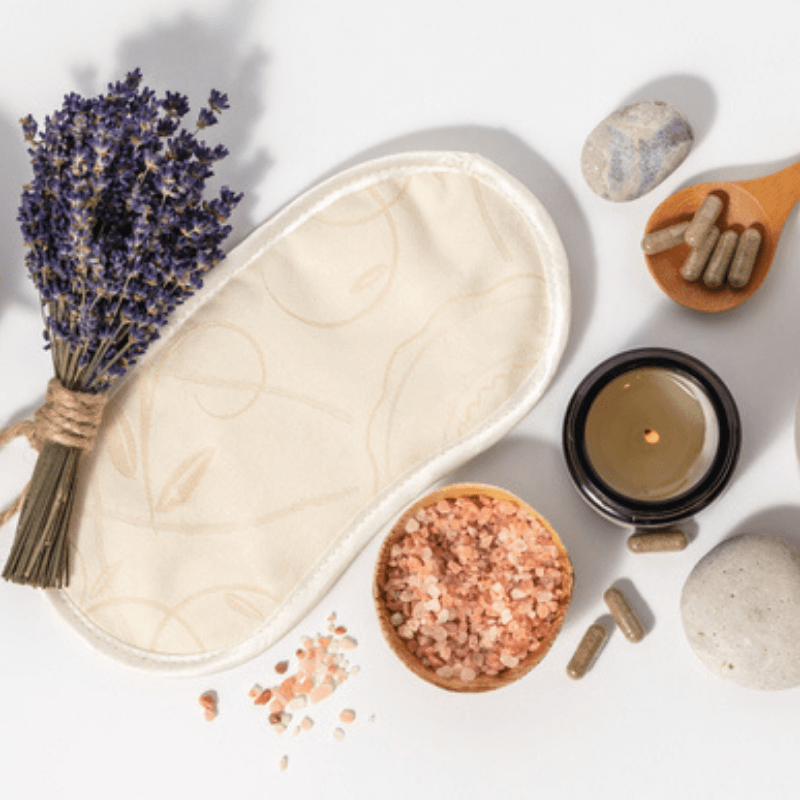
Sleeping well is essential for good health. Yet, many of us find ourselves awake in the late hours with a running mind.
It's difficult to enjoy quality sleep when dealing with work concerns and familial responsibilities. Many times, we have to opt for quality over quantity when it comes to sleep. If this sounds like you, understand there are a few ways to improve your sleep routine. It's about staying consistent with healthy habits and relying on natural sleep aids as needed.
This guide will outline why top-quality sleep is so important, followed by the top supplements for sleep.
The Importance of Sleeping Well
Getting a good night's rest is just as important as exercising and having a healthy diet. Sleeping well is crucial to all your bodily functions and without sufficient sleep, your brain cannot function. Most adults need between7 and 9 hours of quality sleep per night. Therefore, getting 4-5 hours of sleep every night paired with that occasional afternoon nap, just won't cut it!
Sleep regulates all functions and allows your brain to make decisions. It tells your brain when you're hungry, tired, or how to go about daily tasks. Sleep also helps regulates your weight and metabolic function. When you're tired, sleepy, or feeling drowsy, you're more likely to eat unhealthy, sugary snacks. Besides, if you're not getting a good night's sleep and are feeling tired all the time, it's unlikely you'll want to do any physical activities like running or going to the gym.
What's more, sleeping well means our risk of catching diseases is lowered. Achieving a good night's sleep hasshown to support a healthy immune system, making it less likely to catch colds or flu. Further, a healthy sleep routine allows us to keep our emotions in check - when we're tired, it becomes harder to control our emotions and behaviors in front of others.
If you think you may have trouble sleeping or could be doing more to improve your sleep quality, read on to learn about natural sleep aids that can help.
Developing Healthy Habits
It can be difficult to sleep well at night with the stresses of daily life. However, building healthy habits is the best option to a good nights sleep. Some of these habits include:
Establishing a Routine
Following your body's circadian rhythm is important. If you're usually a night owl or struggle to fall asleep, light exposure first thing in the morning may help you. The sun acts as a cue to get up and start your day. The flip side of this tip is to make sure when the sun goes down, you also keep artificial light to a minimum. This way, your body knows it's time for bed. Not only will this limit your blue light exposure close to bedtime, but it also limits the additional heat in your bedroom by closing your curtains.
With time, your sleep routine will become automatic, and you'll be enjoying consistent, quality sleep.
Put Screens Away
Limiting your screen time at least 30 minutes before bed also decreases blue light exposure and signals to your body that it's time to sleep. If you're prone to sitting on your phone and scrolling before bed, this is definitely a habit to stop.
Limit Caffeine and Large Meals
Pay attention to what you're eating and drinking before you go to bed. Omit caffeinated drinks, such as soda, tea, and coffee. You don't want to drink any of these beverages before sleeping.
Likewise, limiting large meals before bedtime gives your body a chance to digest what you've eaten. This is especially important if you suffer from health conditions, such as acid reflux.
Create the Perfect Environment to Snooze
Your bedroom should be a sanctuary for snoozing and feeling tranquil. If it's possible, avoid working from home in your bedroom, or at the very least tidy all of your office supplies away. Your bedroom should be calm, quiet, cool, and dark for optimal sleep. It might also be useful to do relaxing activities before bedtime, such as reading or taking a bath.
Manage Stress
The key to sleeping well is ensuring your brain is ready to switch off, and your body is ready to relax. This is crucial to ensure you have a good quality sleep. It might be useful for you to jot all of your worries and concerns down before you attempt to go to sleep or practice meditation - whatever form of stress management works for you.
While maintaining a healthy routine and good habits are the best route forward, some people may need over-the-counter medication to help them sleep. Lots of people prefer natural sleep aids, such asMDsleep cannabinoid formula since they will usually havefewer side effects, are plant-based, and usually mimic or increase a substance already present in the body.
Our Favorite Sleep Supplements
Check out our top natural sleep supplements to help your head snooze as soon as it hits your pillow.
1. Valerian Root
Valerian root has been described as particularly pungent and has been used in Europe and Asia in traditional medicine forover 2,000 years. This herb can be made into teas, tinctures, tablets, and capsules. It might be helpful to know that while valerian teas are particularly popular, this is the most odorous form to take this supplement.
Valerian is commonly used totreat insomnia and improve sleep quality. This is most effective when taken for at least four weeks. Many people have claimed that valerian is also great for lessening anxiety and stress, but there has not been sufficient research to prove this. It's also worth noting that while valerian is generally well taken, there are some possibleside effects such as a headache or dizziness.
2. Full Spectrum Hemp Oil (CBD)
CBD oil has become popular in recent years and derives from the cannabis plant. CBD does not contain enough delta-9-tetrahydrocannabinol (THC) to be psychoactive. It has been found that CBD might improve sleep quality and also relieve symptoms of upset andanxiety. It can be consumed in the following forms:
- oils and tinctures
- gummies
- sprays
- capsules
- vapes
- flowers
- creams
- gels
Since anxiety and stressdisrupt your sleep by calming your body and mind before your head hits the pillow, you have reduced or eliminated the reason you cannot sleep. There is someevidence to suggest that taking CBD oil can improve the quality of your sleep.
3. CBN
Cannabinol (CBN) is a form of cannabis and has been gaining popularity as a pain reliever, anxiety reliever, and a sleep aid. CBN is one of the lesser psychoactive components found in cannabis.
While there's very little evidence to suggest that CBN may help improve the quality of your sleep on its own, there'ssome evidence to suggest that CBN has anti-inflammatory properties. In turn, this may lessen pain and help you feel more relaxed. This easing of pain could be said to help sleep and improve the quality of your sleep. While there is little research available at the moment, time and the legalization of CBN allow more studies and information in the future.
4. L-Theanine
L-theanine is an amino acid and was first discovered in Japan in 1948. It was found to be a component in green tea and also mushrooms. In fact, L-theanine can be found in nearly all types of teas, from black and green to oolong. L-theanine can also be found to be available in pill or tablet form.
It's said that L-theanine can help ease symptoms of anxiety and stress and reduce insomnia. One suggestion as to how L-theanine can increase a relaxed state of mind is that most people consume it via tea, which can induce a feeling of serenity and relaxation. Further, this sense of relaxation has been said to aid sleep andimprove sleep quality.
5. Hops Flower Extract
Hops flower extract has been used forcenturies in beer and other beverages. It has been said to relieve insomnia symptoms. Hops are usually combined with valerian or other sleep aids, such as inMDsleep's cannabinoid formula. It can be taken as a non-alcoholic beer or a tea.
Hops is said to improve sleep quality, understood through the preliminary evidence suggesting that itaids the regulation of the circadian rhythm. Your body's circadian rhythm is its internal clock. It tells you when to feel awake, when to feel sleepy and when to feel hungry. This regulation is crucial for your body to follow its natural flow and for you to feel tired when it gets dark outside.
6. Melatonin
You can’t really talk about supplements for sleep without bringing up melatonin. Melatonin is a chemical already present in your body and is a hormone that indicates to your body that it's ready to sleep. Naturally, melatonin levels rise in your body in the evening and fall in the morning. The process is strongly linked to the amount of light around you. In fact, the chemical is nicknamed “The Dracula of Hormones.”
While melatonin has been thought of as the classic staple in sleep aid supplementation, recent studies have shown that older adults who reported frequent use had a higher risk of dementia and early mortality. The National Center for Complementary and Integrative health also reports that melatonin supplementation can beharmful even at relatively low levels. According to the latest research, we pass on melatonin supplementation for sleep in leux of other herbs and minerals as opposed to hormones to help you get a good nights’ rest.
7. Magnesium
Magnesium is a mineral already found in the body and is involved in hundreds of processes, from regulating melatonin to having a crucial role in brain function and heart health.
Some studies have shown that magnesium mayhelp you sleep by helping your body and brain relax. One of magnesium's key roles is to regulate sleep, and many older people are actually deficient in this vitamin. It's also been claimed to reduce excessive daytime sleepiness in adults, so if you find yourself snoozing at your office desk, this could be the best option for you.
Indeed,some studies have early indications that a combination of magnesium and melatonin is effective in treating insomnia. This is why some modern sleep supplements have created a combination of some natural ingredients, such asMDsleep cannabinoid formula.
It's easy to increase your magnesium intake by eating more magnesium-rich foods, such as pumpkin seeds, but supplements are also available in both pill and tablet form. It's worth noting that high doses of this mineral can cause some side effects such as diarrhea, nausea, and abdominal cramping.
8. Lavender
Lavender plants can be found all over the world, and their soothing scent has been claimed to enhance the sleep process. Indeed, even the process of simplysmelling the lavender plant or lavender oil seems to relax the nervous system and instigate a sleepy feeling. This could be attributed to the process of aromatherapy enhancing sleep quality and the process of sleeping itself.
If you choose to opt for lavender oil, you can apply some to your wrists, soles of your feet, and palms. Just be sure to dilute it with a carrier oil to avoid skin irritation. It's important to remember to do a patch test first if you do choose this option. Carrier oils include coconut oil, jojoba oil, and olive oils. You can also use your diffuser to spread the lavender scent around your home. If you prefer something slightly faster and more targeted, you can also apply a few drops to your pillow at bedtime, and the scent will let you snooze well into the night.
As of yet, there is further research to be conducted on lavender, and while lavender oil is generally considered safe, there have been reported side effects on oral digestion.
9. Passionflower
Passionflower is a popular herbal remedy for insomnia and also goes by the name of maypop. It's most commonly taken as a tea before bedtime to help with sleep concerns, but there needs to be further research to determine whether passionflower can alleviate symptoms of anxiety, stress, insomnia, and even stomach problems. While tea is the most popular and common method to take passionflower, this can be found dried or prepackaged in health food stores. It can also be found in liquid extracts, capsules, and tablets.
Earlystudies suggest that passionflower boosts gamma-aminobutyric acid (GABA) in your brain, which helps reduce brain activity and allows your body to relax and, in turn, sleep better.Studies show that while passionflower is considered safe for consumption, there are some known side effects, including dizziness and confusion. Consequently, it's recommended not to take passionflower with sedative medications.
10. Glycine
Glycine is an amino acid already found in the body and present in some foods, such as spinach, chicken skin, and watercress. Somestudies show that glycine can improve sleep quality by potentially lowering body temperature. This then signals to the body that it's time to sleep.
Taking glycine supplements are usually found in capsule or powder form, which can be diluted in water. There is yet to be research conducted on which method of ingestion is more effective. It's worth noting that while glycine is found naturally in foods, the amount often present in supplements is unknown, so there's limited knowledge concerning side effects and overall safety.
11. GABA
GABA or Gamma-Aminobutyric Acid is an amino acid found naturally in the brain. Its role in the body is to increase relaxation, reduce stress, alleviate pain and boost sleep. It's been suggested that low levels of GABA in the body can lead to sleep problems. As such, GABA may be taken as a supplement to aid restful sleep.
There is limited research on GABA supplements in the body, but early studies hint that valerian, hops, magnesium, and L-theanine may all interact with GABA and aid sleep when combined. However, there is not enough substantial research to support this yet.
Sleep Better Tonight
It's important to understand everything you put into your body and the natural sleep remedies you take. Firstly, make sure you have a strong nighttime routine and sleep schedule and create the best environment for a good quality sleep. If you need a little extra help, then natural supplements such as sleep aids are an option you can take. If you doubt or find that these supplements aren't enough for you, speak to your doctor concerning your sleep issues.
- Unlock the Secrets of Ashwagandha and Valerian Root: Explore Their Synergy and Differences. Dive Deeper at MD Bio Wellness.
- Unveiling the Connection: Can Anxiety Cause Dizziness? Explore the Cause & Effect in our insightful blog. Dive into the details at mdbiowellness.com!
- Discover how GABA and L-Theanine work together to improve sleep latency - Read more at GABA and L-Theanine Synergy to Help Sleep Latency.
- Explore our comprehensive guide on 6 insomnia herbs - natural remedies that aid in promoting restful sleep and overcoming insomnia
- Explore the calming effects of lavender and learn how to effectively use it for anxiety relief in our comprehensive guide, Calming Lavender - How to Use Lavender for Anxiety.
- Discover the 10 Spiritual Meanings of Lavender!
